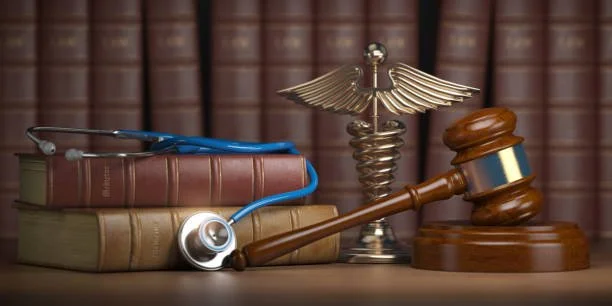While Spain has been positioned as a paradigm for countries transitioning from authoritarian regimes, its choice to turn a blind eye to abuses of the dictatorship calls into question the meaning of a full transition to democracy – can transitional justice exist with laws that obstruct democratic memory? (Geneva International Centre for Justice)
Read MoreAfter nearly 200 years of failed negotiations and a final decision delivered by the International Court of Justice that reaffirmed Guyana’s ownership of the oil-rich Essequibo territory, Venezuela’s recent referendum to proceed with annexation severely questions the power of law to settle territorial disputes.
Read MoreDespite the humanitarian goals of landmark legislation and other anti-trafficking initiatives, the state responses to human trafficking has followed suit with the central consequence of state responses to illicit flows: unintended consequences that fuel circumvention and inflict harm on the wrong actors. Where do these anti-trafficking policies fall short and what can policymakers do to mitigate unintended consequences?
Read MoreThe rising momentum of AI is already revolutionizing the provision of healthcare across the continuum, but the resulting integration of its innovation is leaving patients the most vulnerable — are traditional legal safeguards, like HIPAA, enough to protect patient privacy?
Read MoreThe decline of the manufacturing industry, wage stagnation, and increasing income inequality over the past three decades has left working-class America, particularly in the Midwest, as one of the most vulnerable targets of decades-high inflation – are policymakers doing enough to save them?
Read MoreThe U.S. maternal mortality rate is among the highest compared to other high-income countries, and the recent Dobbs decision only fortified the striking racial disparities fueling that number. With increasing polarization around female bodily autonomy and reproductive justice, when will the nation prioritize protecting mothers’ lives?
Read MoreWhile the U.S. Constitution establishes various limits on the government, it does not guarantee specific rights to the people and imposes an affirmative authority for the government to protect individual rights. Is this justified, or should the government be held accountable in instances where its failure to act resulted in lives lost?
Read MoreWith public health law being applied to cases ranging from vaccination mandates to regulating greenhouse gases, legal critics are skeptical of the field’s legitimate scope and the current Supreme Court has aggressively diminished the applicability of public health litigation.
Read MoreThe recent controversial approval of the “Don’t Say Gay” legislation by Florida Governor Ron DeSantis has prompted leaders like President Joe Biden and LGBTQ+ advocacy efforts to question the law’s constitutionality given Supreme Court precedent on LGBTQ+ rights. This article analyzes its legislative framework and implications for the nation’s educational institutions.
(Image via Tampa Bay Times/AP)
Read MoreAmidst the controversies of mandating vaccination requirements in the workforce, the Supreme Court’s Biden v. Missouri decision in favor of mandates for healthcare workers lies in stark contrast with that of the Independent Business v. OSHA, and here’s why.
Read More








